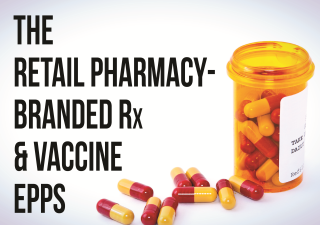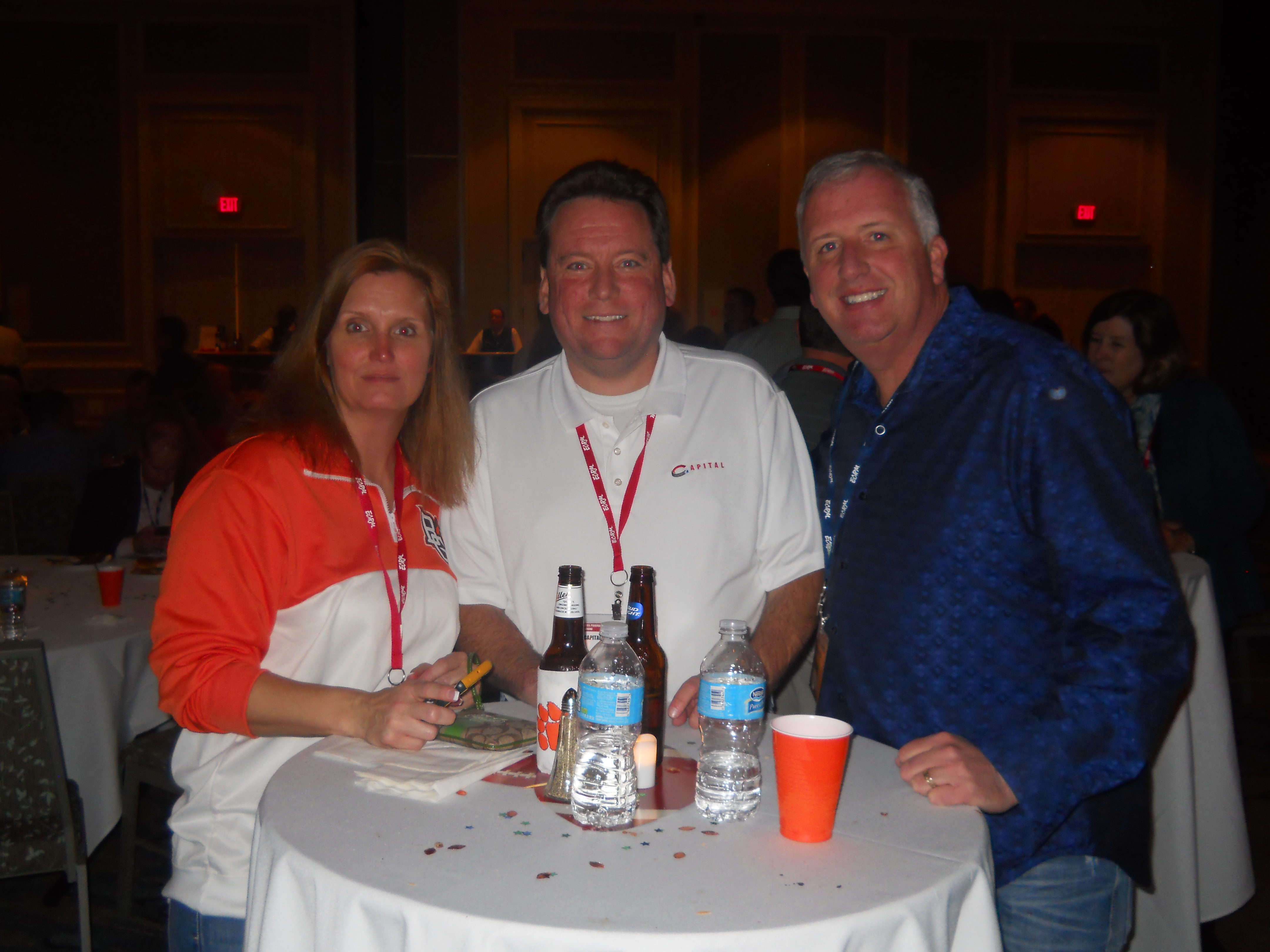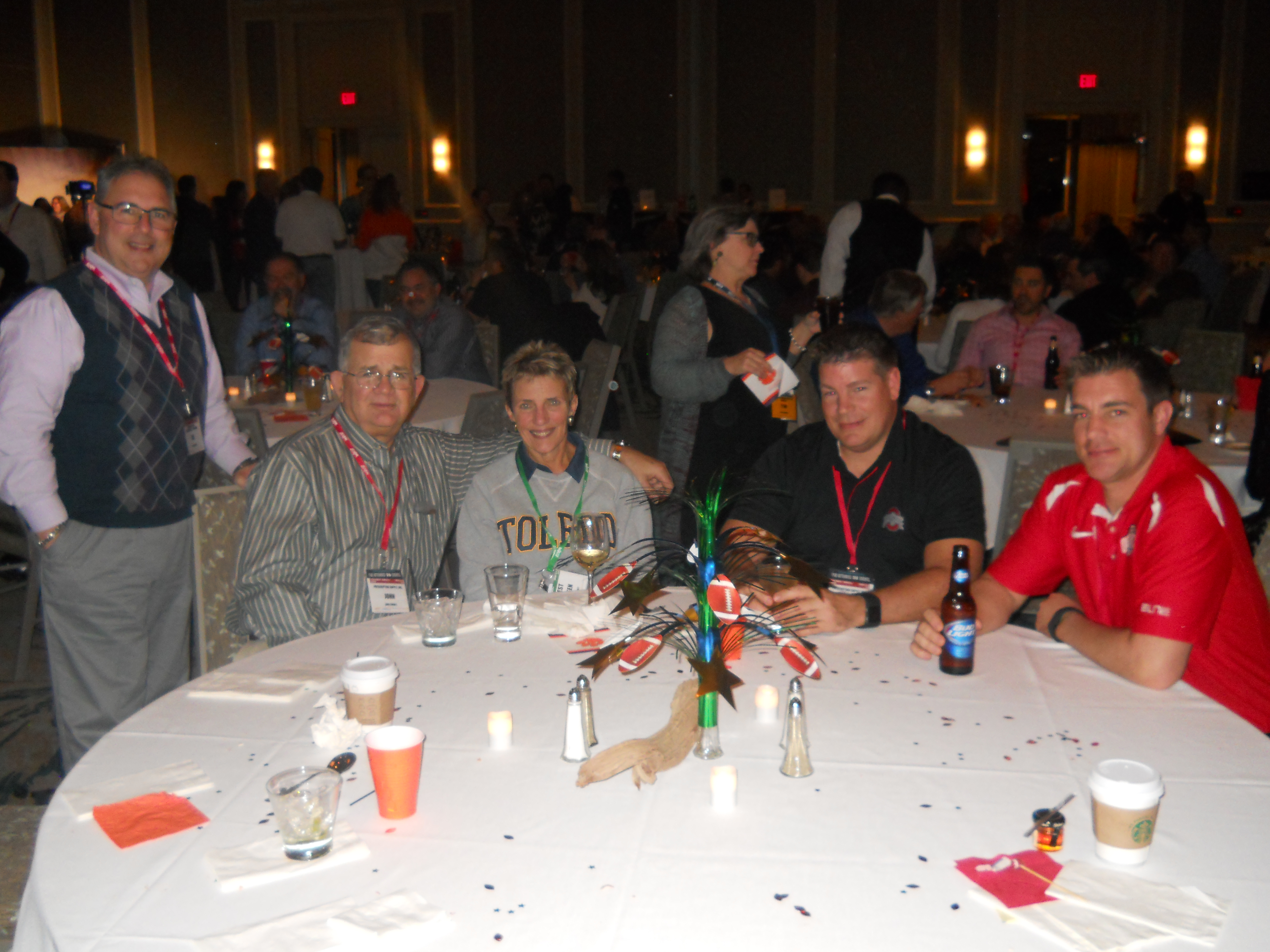Event Buzz: Retail Pharmacy - Branded Rx & Vaccine 2/8/2016
Last month the Retail Pharmacy – Branded RX & Vaccine Efficient Program Planning Session (EPPS) took place in Hilton Head, South Carolina. The event brought together prescription branded pharmaceutical suppliers as well as vaccine and prescription device suppliers for scheduled meetings with rx buyers at chain drug stores, supermarkets, mass merchants, wholesalers, distributors and buy groups for independents. Throughout the event discussions focused on new product launches, distribution, business opportunities and more. The following outlines some of the biggest challenges and opportunities the industry is facing.
Quick Facts:
- 50 of the top drug manufacturers account for 80% of the market.*
- Discovering and developing a new drug takes an average of 10 years and $2.6 billion. *
- Offering a diverse product line can mitigate costs from patent drug development. *
- Effective marketing methods include: *
o Direct mail
o Sample programs
o Medical meeting participation
o Media outlets (TV, Radio, online)
- Pharmaceutical manufacturing revenue is estimated at $1 trillion and is predicted to grow to $1.3 trillion by 2018. **
- Drug pricing is typically driven by the need to recover costs of R&D as well as unsuccessful drug development. *
Business Trends and Opportunities:
Industry Consolidation – High cost of research has encouraged mergers and acquisitions which reduces the company’s dependence on single blockbuster drugs. *
Genome Research – By mapping the human genome drug manufacturers are able to design more targeted and personalized medications. *
Business Challenges:
Revenue Dependence on Patent Protection - Generic drugs account for 90% of all prescriptions filled in the US which forces drug manufacturers to constantly discover or acquire new drugs. *
New Disclosure Rules - Under the federal Physicians Payment Sunshine Act, pharmaceutical manufacturers have to report to Medicare any payments to physicians and teaching hospitals, such as investment interests, ownership, or other transfers of value. In August of 2013 it became effective that all manufacturers must compile this information annually.*
Dependence on Single Drug - Many drug companies rely on a few products for a large share of revenue. Once the patents on such drugs expire, revenue may fall significantly. Although larger drug manufacturers can often replace the bulk of lost revenue with newer drug launches, small companies may depend entirely on the successful development of a single drug.*
Dependence on Large Customers - To contain costs, many hospitals, insurers and managed care companies pick and choose which prescription drugs they will use or pay for. Even after FDA approval for a new drug, manufacturers may be unable to get large customers, such as health care companies, state Medicaid programs and foreign governments, to use or authorize reimbursement. However, consolidation is allowing large customers even greater negotiating power.*
Competition from "Me-Too" Drugs - Many drugs are complex which means competitive drug companies can produce a similar drug without violating patent laws. The knowledge that "me-too" drugs will appear encourages drug companies to price new drugs high to recoup development costs.*
Liability for Adverse Drug Reactions - Some drugs adversely affect a small proportion of people taking them. Such adverse effects often are not detected in clinical trials. Most drug companies are constantly involved in product-liability litigation.*
Quality Control - Flawed manufacturing procedures can lead to improper concentrations of active ingredients or contamination by foreign particles. The price of a recall can be high for drug makers, resulting in lost revenue and customer trust. Even in cases where no customer is adversely affected, a recall can damage a company's reputation and brand.*
** IMS Health
*Hover’s, Inc.
Please join us for the 2017 Retail Pharmacy - Branded Rx & Vaccine EPPS taking place January 8-11 at the Sawgrass Marriott Golf Resort & Spa in Ponte Vedra Beach, Florida. For more information about this event please contact Michael Castillo at 440-528-0441 or mcastillo@ECRM.MarketGate.com.
Below are photos from the 2016 Retail Pharmacy - Branded Rx & Vaccine EPPS.







